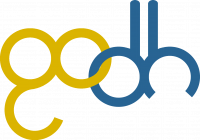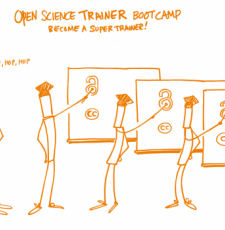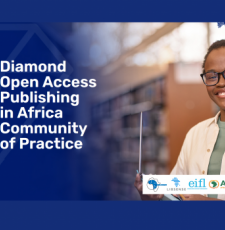We are inviting librarians and researchers to take part in a webinar about digital humanities - a new way of doing scholarship that involves collaborative, transdisciplinary, and computationally engaged research, teaching, and publishing. The webinar is jointly organized by EIFL, Global Outlook::Digital Humanities and Programming Historian.
Digital humanities (DH) produces and uses new digital applications and techniques, and creates new opportunities for collaboration between librarians, researchers and teachers. Realizing these opportunities requires learning new skills, including collaboration, project management, managing collections as data, and developing and maintaining digital materials, projects and research outputs.
Brian Rosenblum, University of Kansas, and Quinn Dombrowski, Stanford University, who are members of the Global Outlook::Digital Humanities (GO::DH) special interest group of the Alliance of Digital Humanities Organizations (ADHO), will discuss how GO::DH helps break down barriers to communication and collaboration among researchers and students of the digital arts, humanities and cultural heritage sectors in high, mid, and low-income economies.
They will discuss collaborative opportunities for libraries, including digital humanities-focused workshops for librarians and researchers in EIFL partner countries; the Libraries and DH special interest group in ADHO, and how to become part of the GO::DH network of DH practitioners. GO::DH hosts a discussion list for global DH, and is looking for input and collaborators on a number of projects to highlight DH work globally.
Adam Crymble, Editor of Programming Historian, will talk about this flagship source for learning and teaching digital research methods. Programming Historian publishes open access, novice-friendly, peer-reviewed tutorials that help humanists learn a wide range of digital tools, techniques, and workflows to facilitate research and teaching.
- Date and time: 2 August 2019, 14:00 BST / 15:00 CET / 16:00 EAT/EET. Check your timezone here.
- Registration: You must register for the webinar. Register here.
- To join the webinar: Please install the Zoom meetings application from the Zoom Download Centre before the webinar. Go to https://zoom.us/j/326352796 to attend the webinar.

SHARE / PRINT









